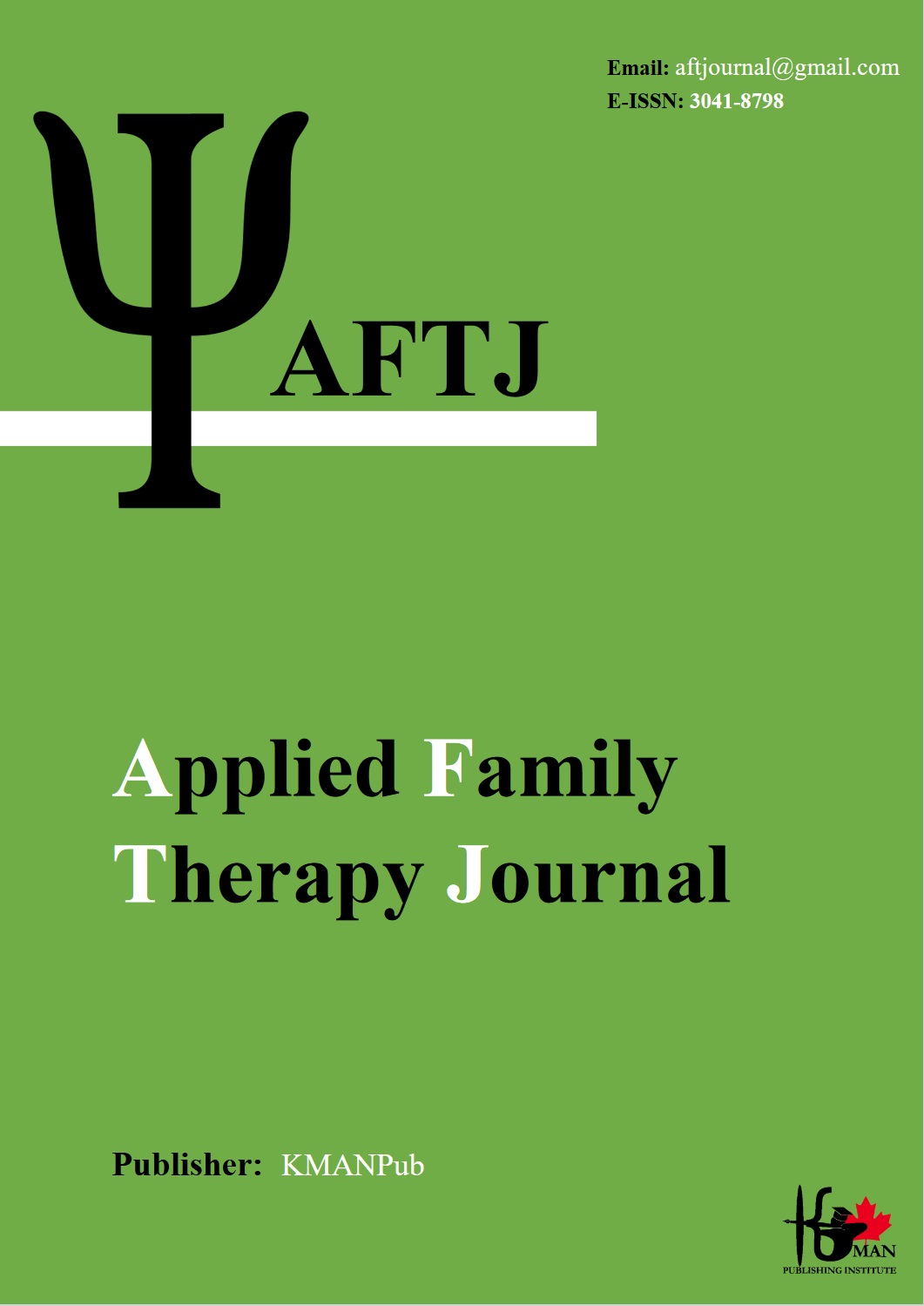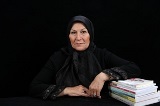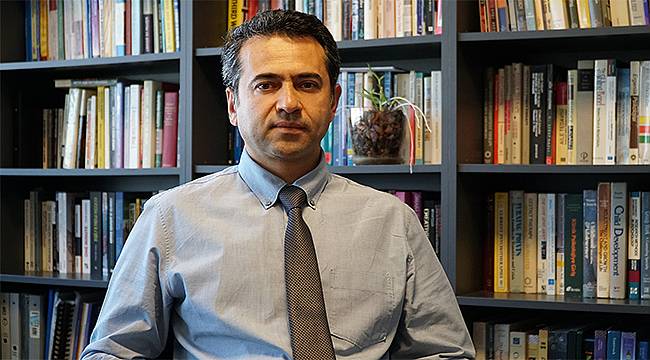A qualitative analysis of the development process of the instability of emotional-romantic relationships in contemporary Iranian family
Keywords:
Instability of romantic-emotional relationships, development process, Iranian family, social structureAbstract
Aim: This study analyzes the development process of the instability of emotional-romantic relationships in a contemporary Iranian family. Method: The research question has the following formulation: why and how can the development process become the basis for the instability of emotional relationships in the family? From a sociological point of view, through what mechanisms can the development process cause the instability of emotional-emotional relationships in the family and destabilize the emotional-emotional relationships between husband and wife? In order to answer this question, the researcher has conducted in-depth interviews between Tehrani couples using the qualitative method of ground theory. The participants of this research were 54 couples from Tehran, who were selected through a targeted and accessible selection method; The number of participants has been determined by data saturation. Results: The data extracted from the interviews were analyzed with three coding stages. Finally, among 1243 raw data, 923 concepts, 165 sub-categories and 56 categories were obtained. The main axes of the research were the transitional conditions of society and the extent of virtual space. Finally, the selective coding of the research showed that the main phenomenon in the instability of emotional-romantic relationships in today's Iranian family is the phenomenon of the forty-piece identity. Conclusion: The fluidity of identity and its instability has caused Iranian families, as before, to not consider themselves bound and committed to the marriage contract, and family instability in society is increasing.
Downloads
Downloads
Published
Issue
Section
License

This work is licensed under a Creative Commons Attribution-NonCommercial 4.0 International License.























